
Preservatives are added to ensure the durability of your product, they prevent microbial and fungal growth in most cases. The good thing about preservatives is that they last a long time and the bad thing about preservatives is that they last a long time.
These preservatives are not chemically inert and can interfere with the natural chemical processes of the human body. Our skins are very porous and when any cosmetics are applied; they end up in our bloodstreams. Broadly there are two kinds of preservatives, based on origin i.e., natural and synthetic. Although many natural preservatives are proven to demote bacterial growth, not all synthetic chemicals are bad for the skin. However, using proven harmful substances in your skin is akin to spreading cancer. Over long-term use, it slowly takes over cell metabolism and leads to unwanted results.
The short-term effects are predominantly invisible but over the long term, the effects start showing up. Many natural face cleansers are advertised as organic and toxin-free, but it can get pretty tough to understand what these terms mean for the manufacturer and the consumer. To dig deeper, we need to understand the role of a natural face cleanser. Additives used in cleansers promising instant freshness are often very suspicious, a natural face cleanser is not designed to relieve you of your troubles instantly. Why? Because skincare is not magic. Natural and organic skincare is designed to offer your skin gentle exfoliation and a skincare regime that blesses your skin for the long term.
Which Synthetic Preservatives Should I Avoid?
The European Regulation for cosmetics is the most comprehensive regulatory guideline and has set standards for many including Conscious Chemists.
Following preservatives are the ones which you should vary of:
- Parabens (Propylparaben, methylparaben, butylparaben, ethylparaben, isobutyl paraben, isopropyl paraben): Known to cause hormonal disruptions in the body because they can imitate estrogens. It has also been documented that paraben when ends up in the ocean, causes severe hormonal dysfunctions in marine mammals.
- Bronopol: Linked to causing pain, irritation, and swelling especially in offices like nose and eyes.
- Methylisothiazolinone (MCI): A skin and membrane irritant MCI can cause severe burns on sensitive skin. It has also been known to cause allergic reactions on the skin
- Formaldehyde releasers (Germall Plus, DMDM Hydantoin): Used as a preservative formaldehyde can cause severe damage to the acid mantle of the skin (an acidic protective layer of skin) and can cause breakouts.

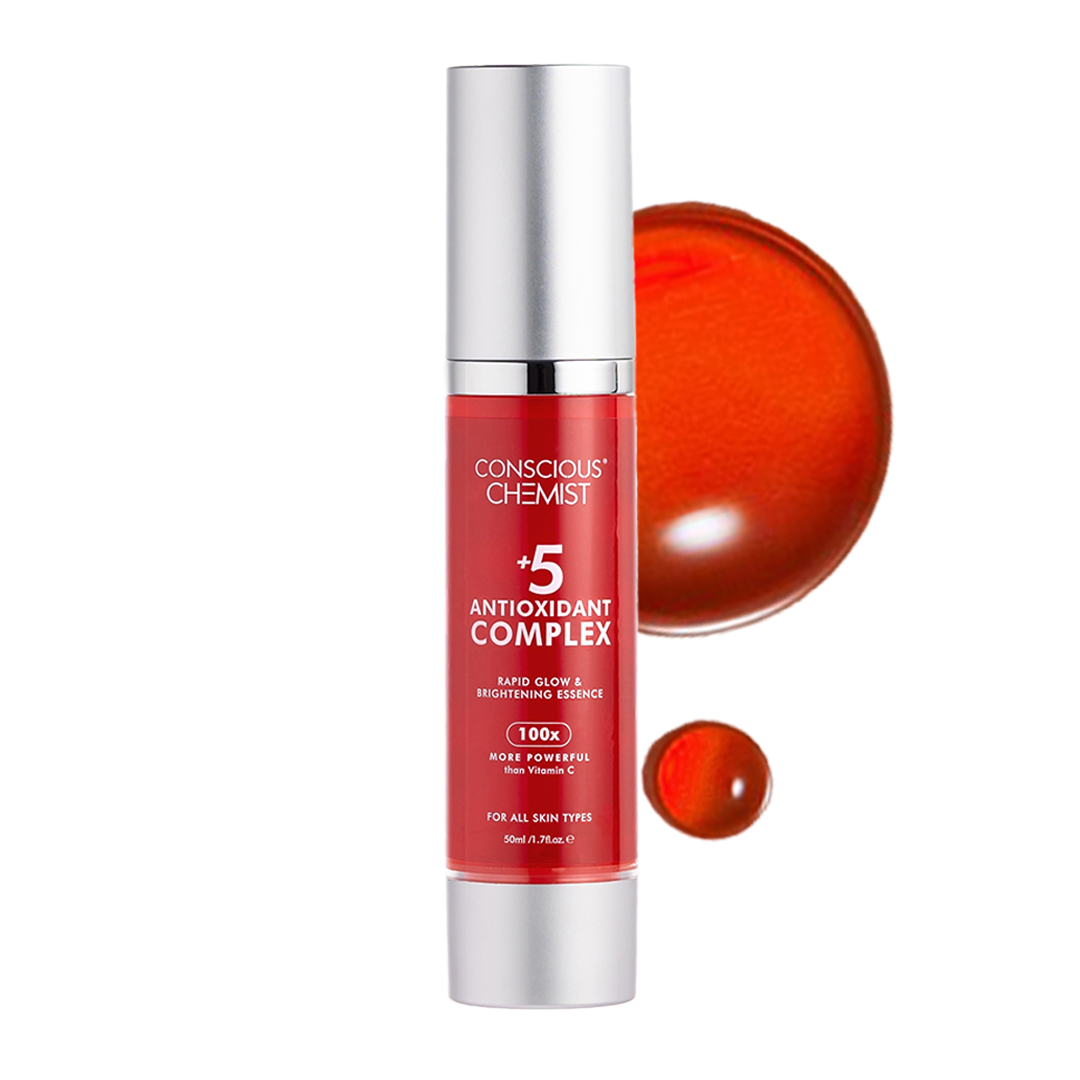
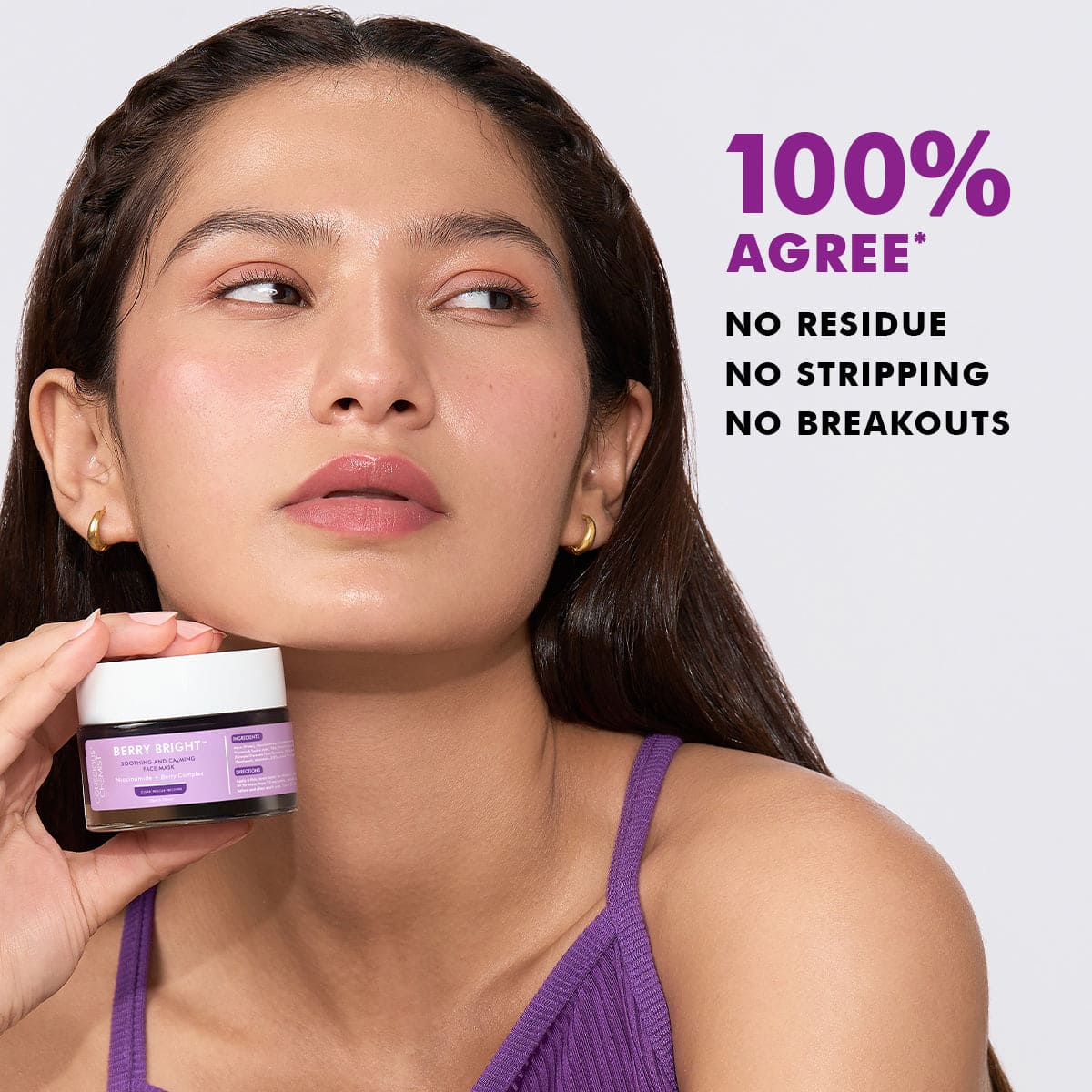
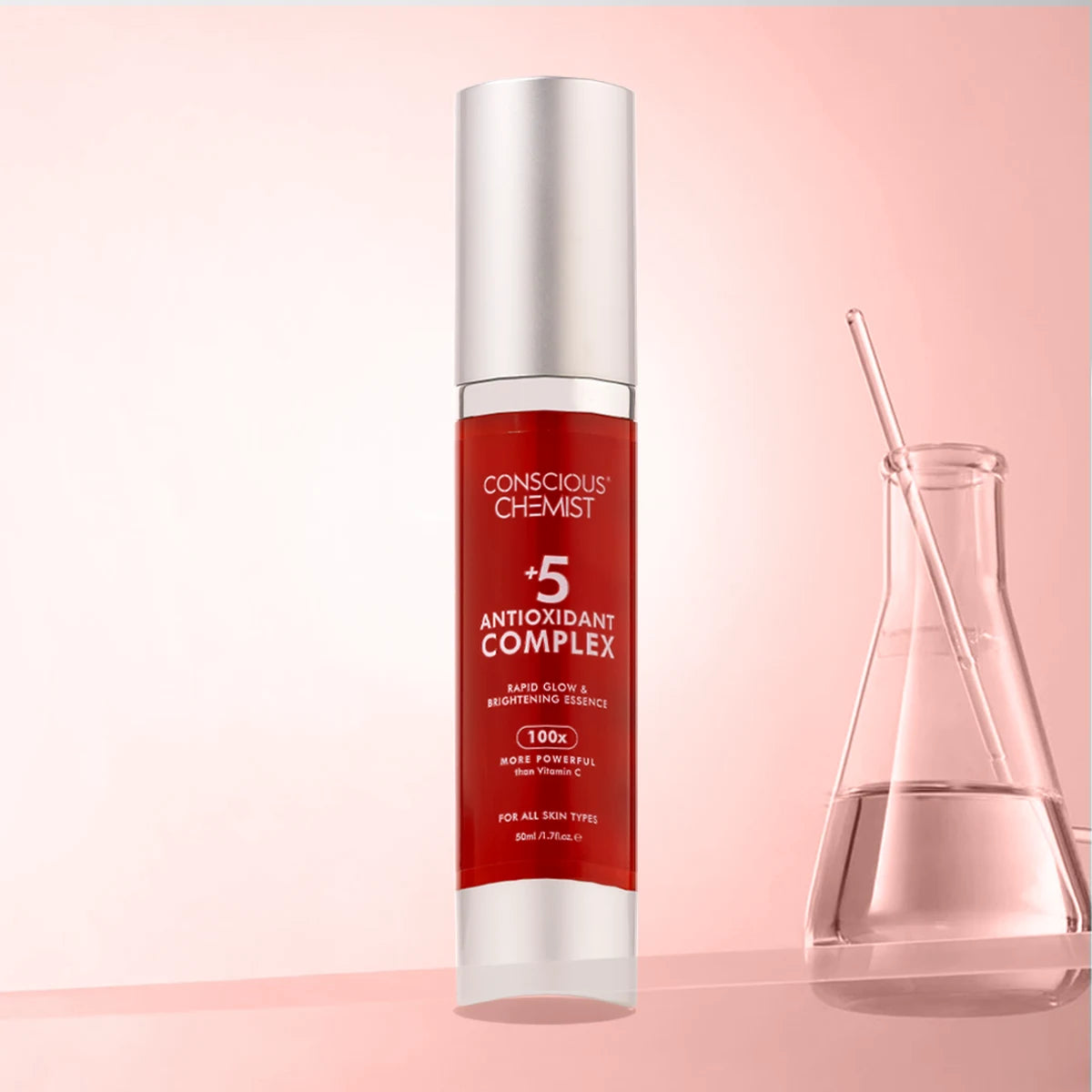
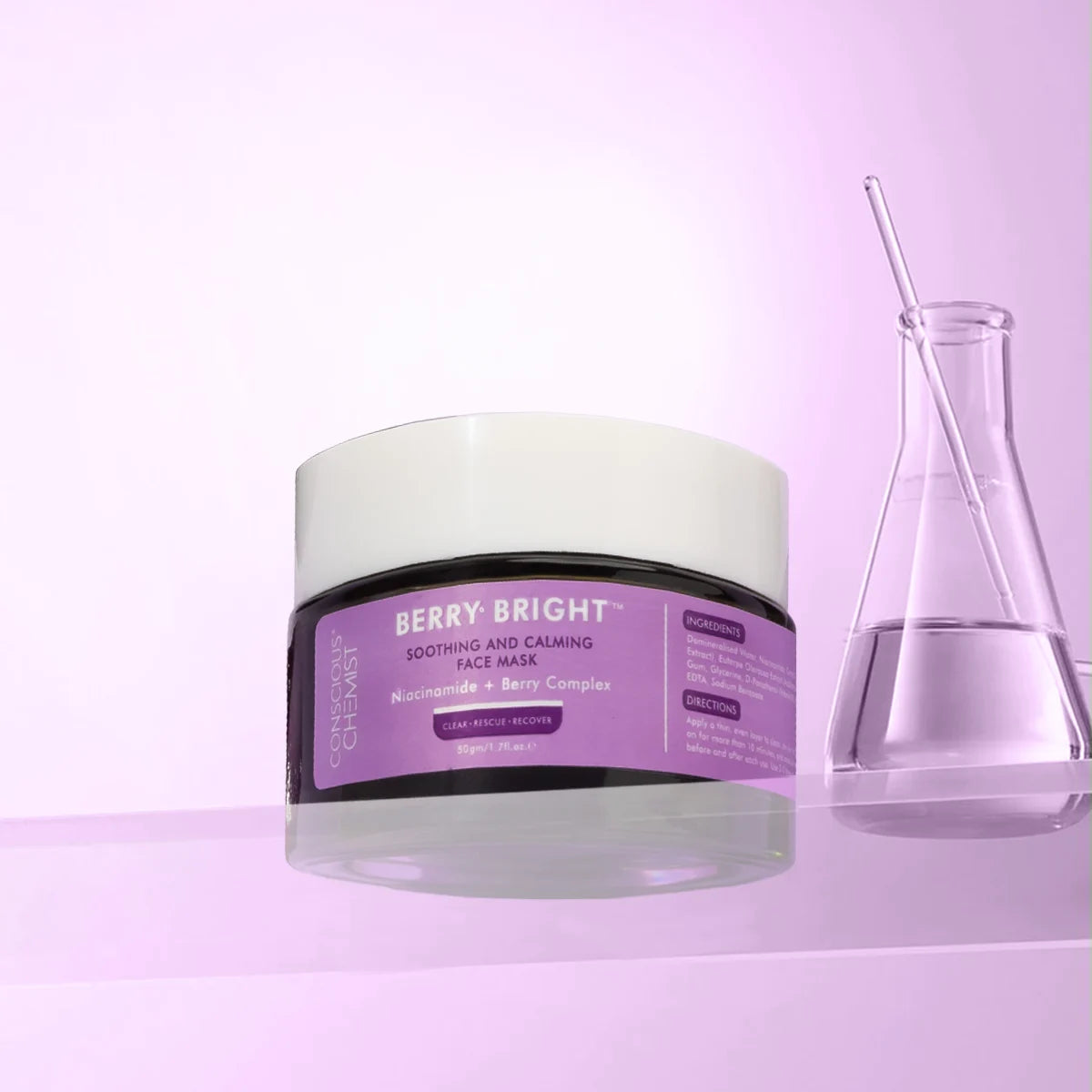

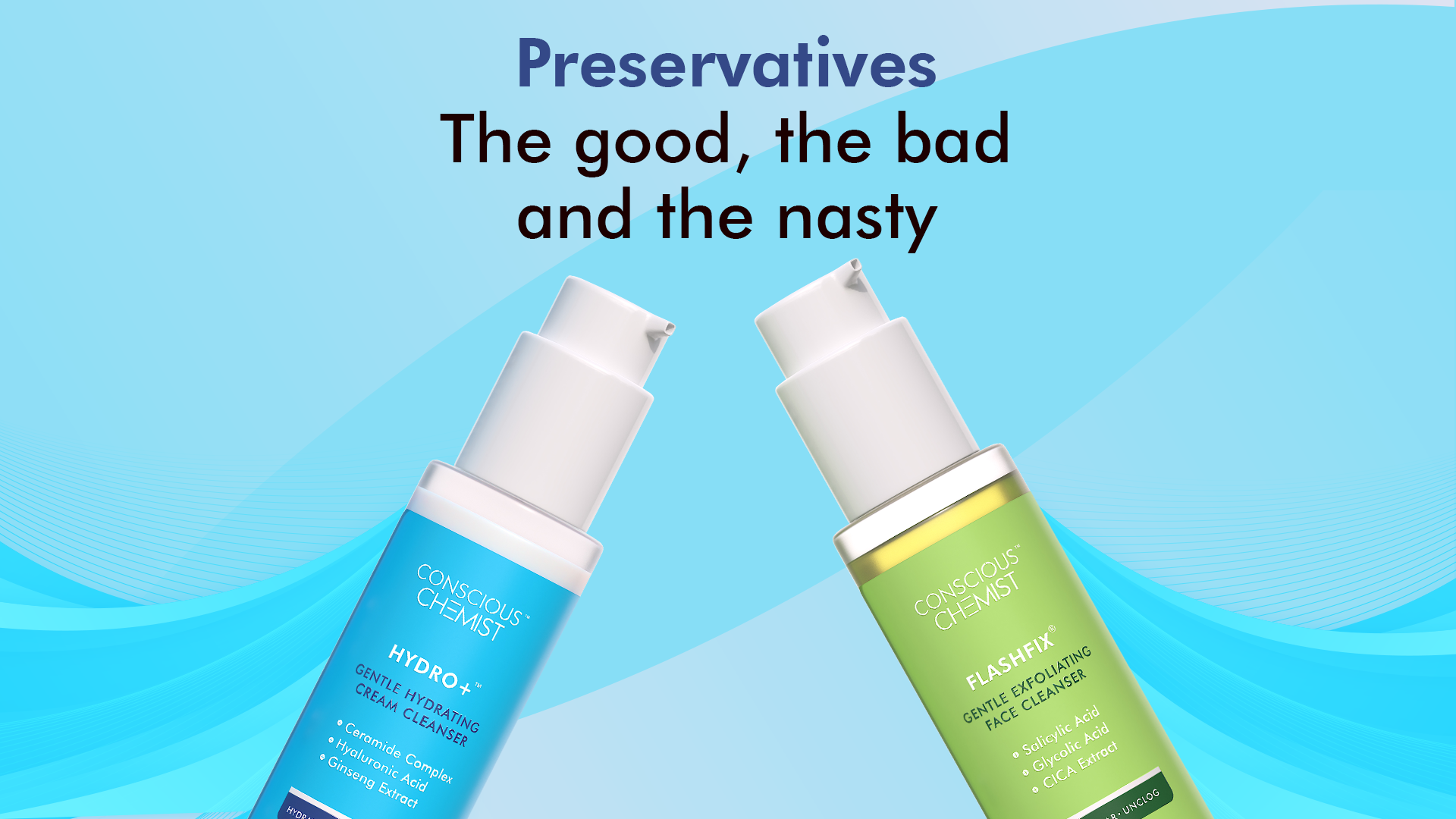
The Truth About DIY Skincare: 7 DIY tips to avoid
Clean Beauty: What it is and Why it is important?